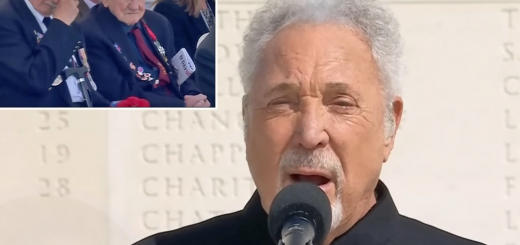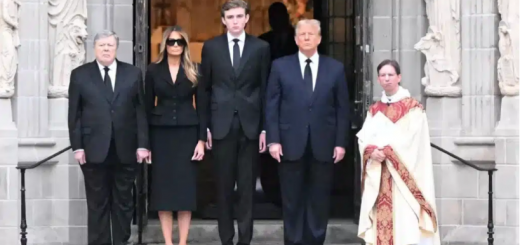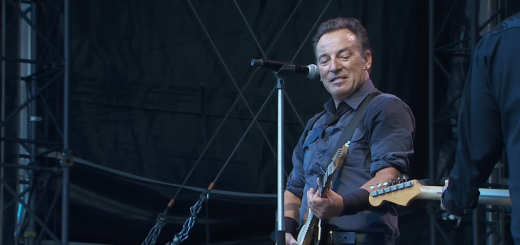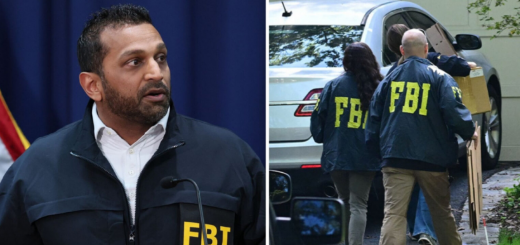Special Counsel Challenges Hunter Biden Tax Case Dismissal Despite Potential Pardon
President Joe Biden’s recent pardon of his son, Hunter Biden, has brought a new legal battle into the spotlight.
Special Counsel David Weiss is resisting attempts to formally dismiss the tax and gun indictments against Hunter Biden in Delaware and California, despite the pardon effectively halting further legal proceedings.
Weiss’s argument draws on a notable precedent involving Steve Bannon, who was pardoned by former President Donald Trump.
In Bannon’s case, prosecutors argued that while the pardon rendered the charges moot, the indictment should remain on record.
The court ultimately dismissed Bannon’s indictment over government objections, but it noted the pardon as the official reason for the dismissal.
Hunter Biden’s legal team has highlighted this decision to bolster their case for formal dismissal of the charges.
In Delaware, the judge issued an order acknowledging the pardon and marking the case as terminated without explicitly dismissing the indictment.
The judge stated that the proceedings were concluded in accordance with the Executive Grant of Clemency but avoided a clear dismissal.
In California, the judge has not yet issued a decision, leaving the resolution in limbo.
This post-pardon dispute underscores the complex legal and political questions surrounding presidential clemency.
While a pardon nullifies legal consequences for the individual, it does not automatically dictate how courts should handle the formal closure of the cases.
The ongoing deliberations in both states will likely set significant precedents for how future pardoned cases are documented and resolved.
As legal experts and observers closely monitor these proceedings, the case highlights the enduring tensions between executive clemency powers and judicial processes.
The outcome could shape how such cases are handled in the years to come, sparking debates about transparency and accountability in the justice system.




























